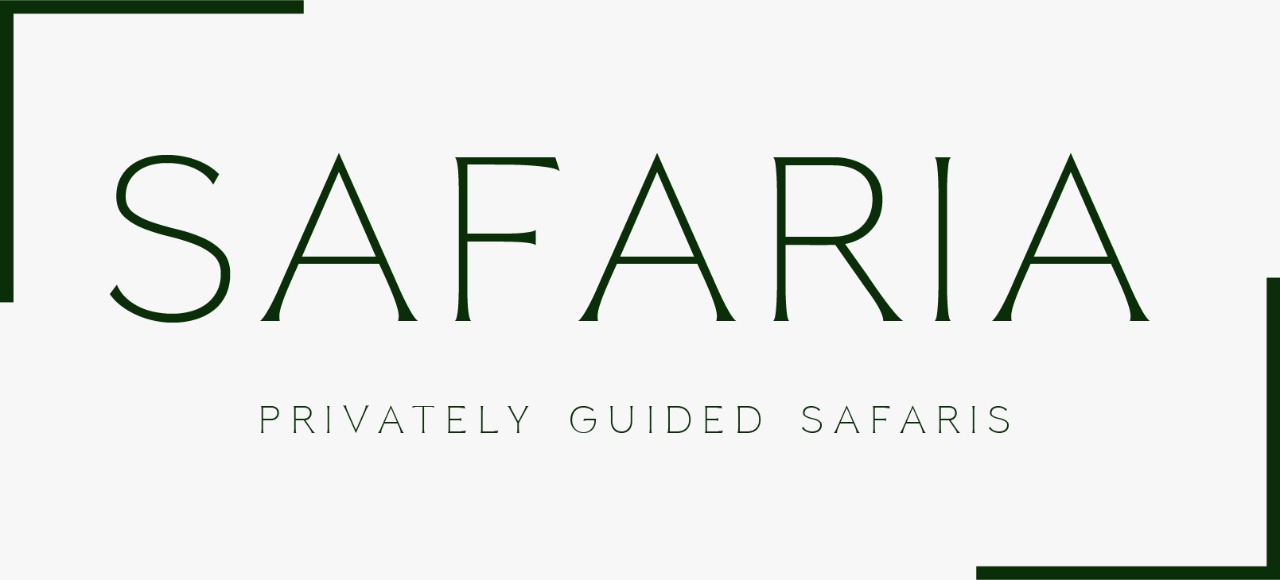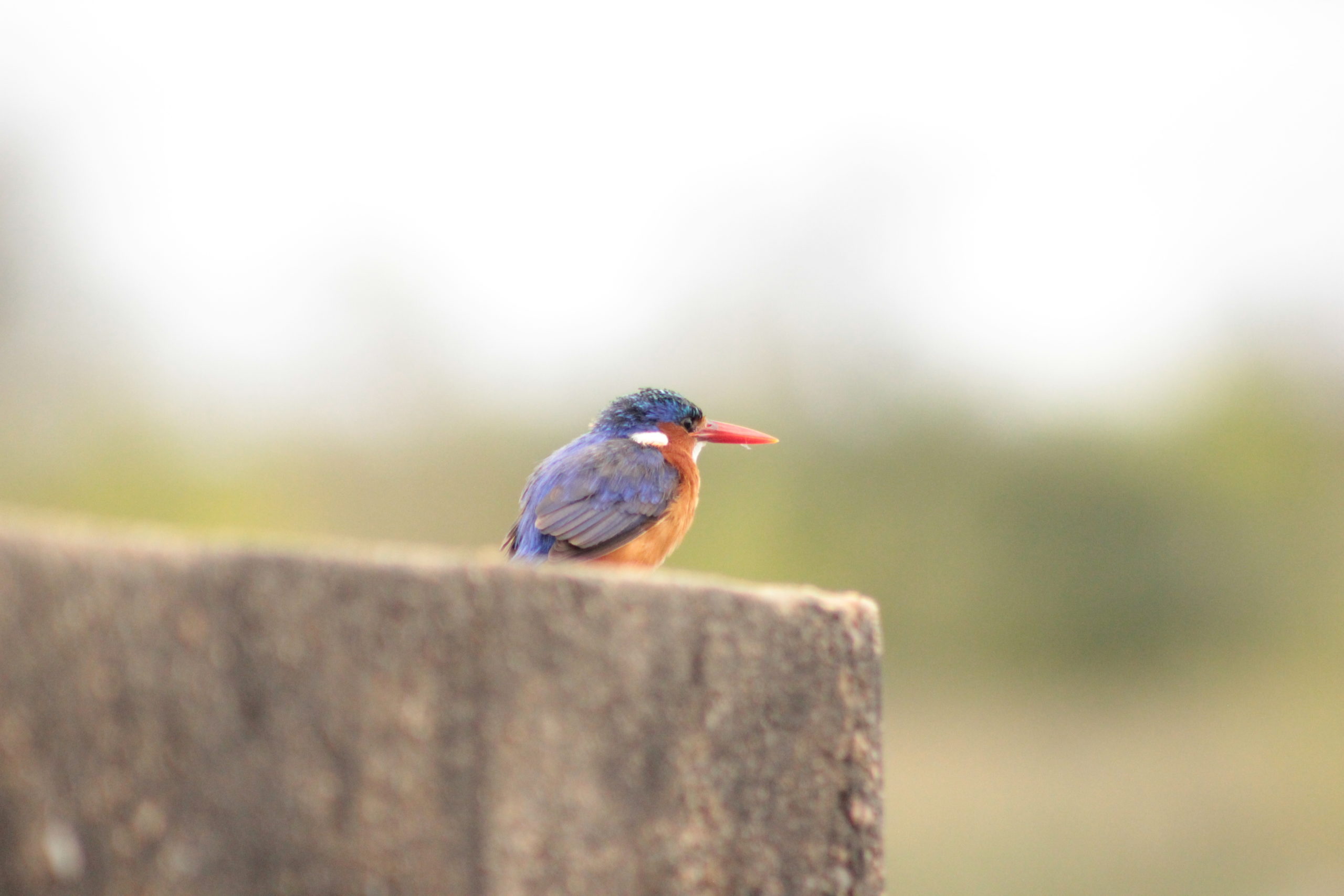Price:From R 18,450 per person
(Rate based on size of group)
Includes:2 night accommodation inside one of the Kruger National Park camps, 2 Breakfast’s, & 2 Dinner as well as Private Guide, Private Open Safari Vehicle, Personalised itinrerary and Conservation Fees.




